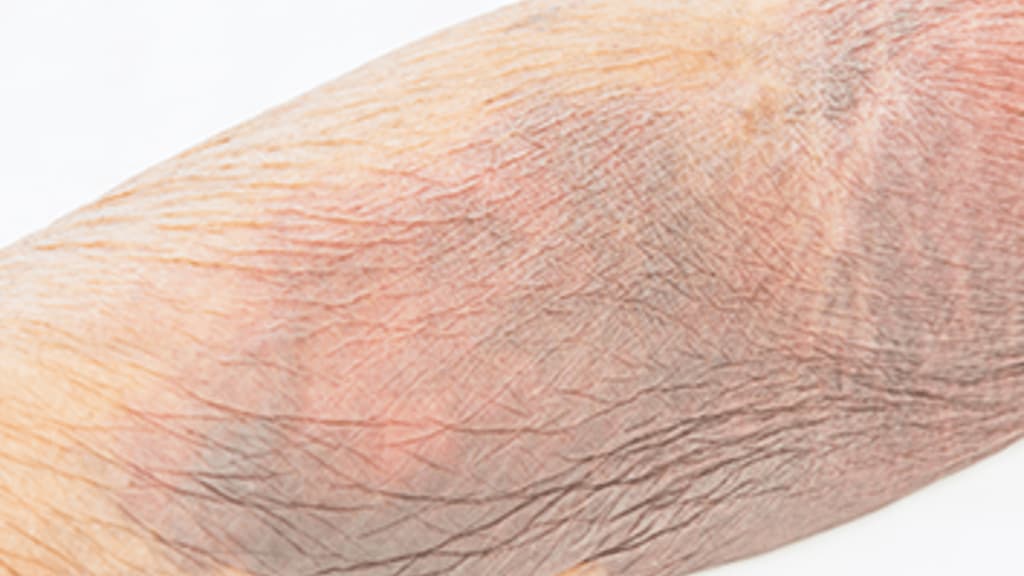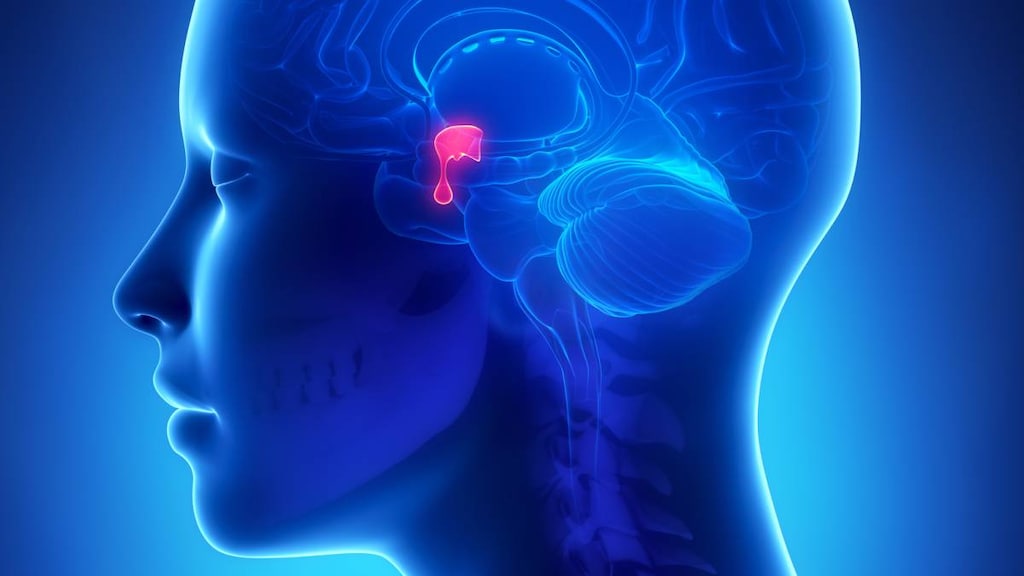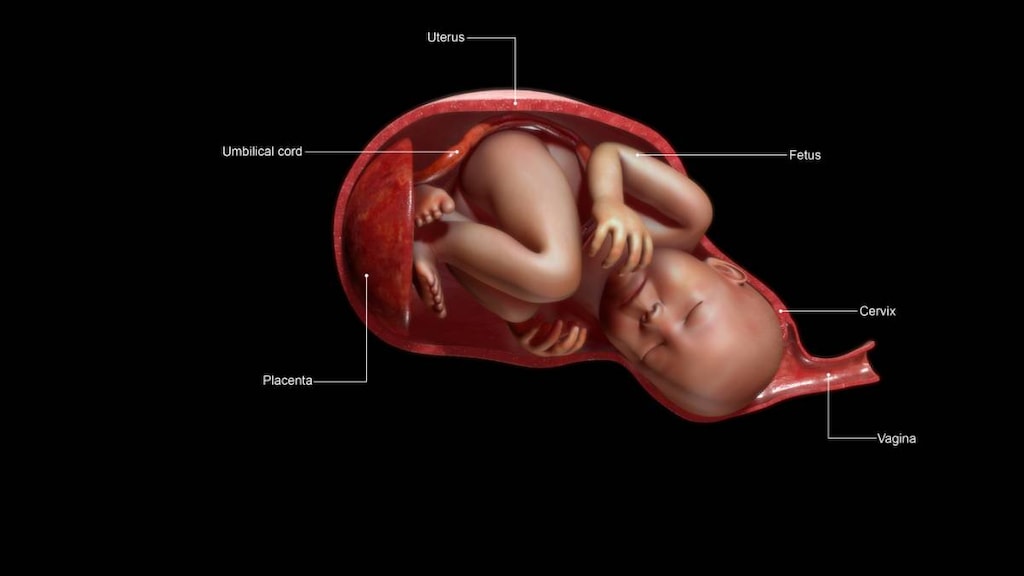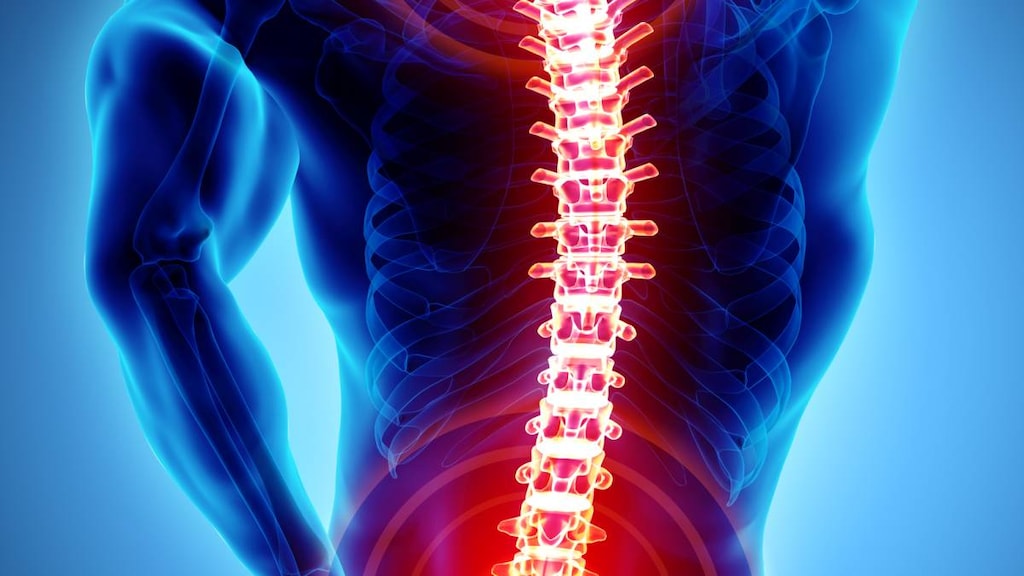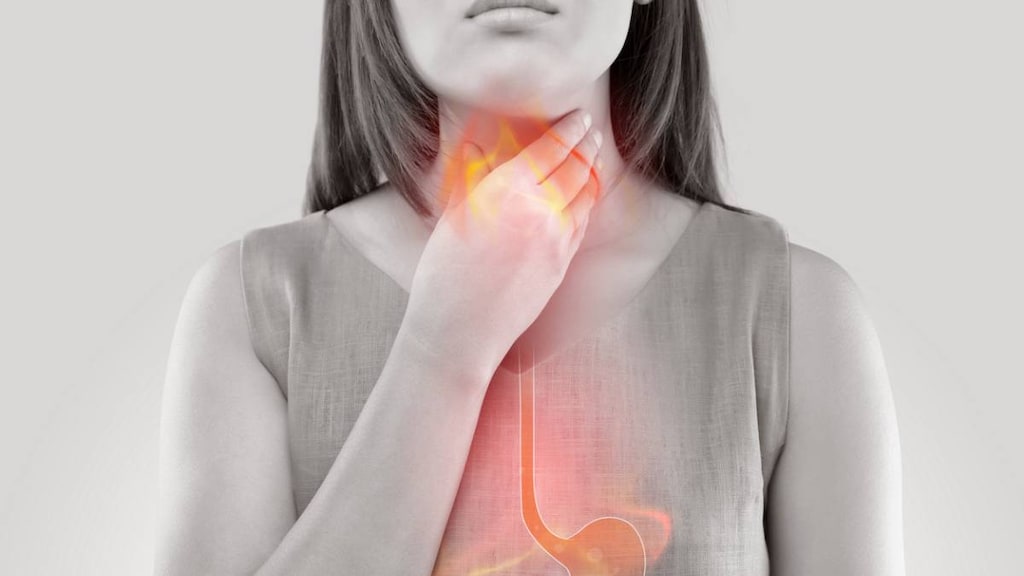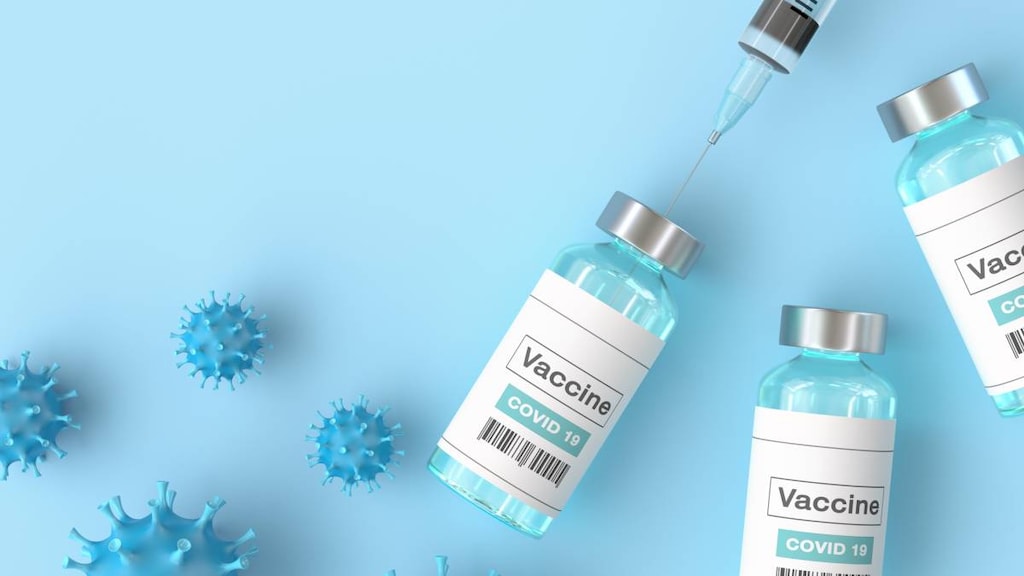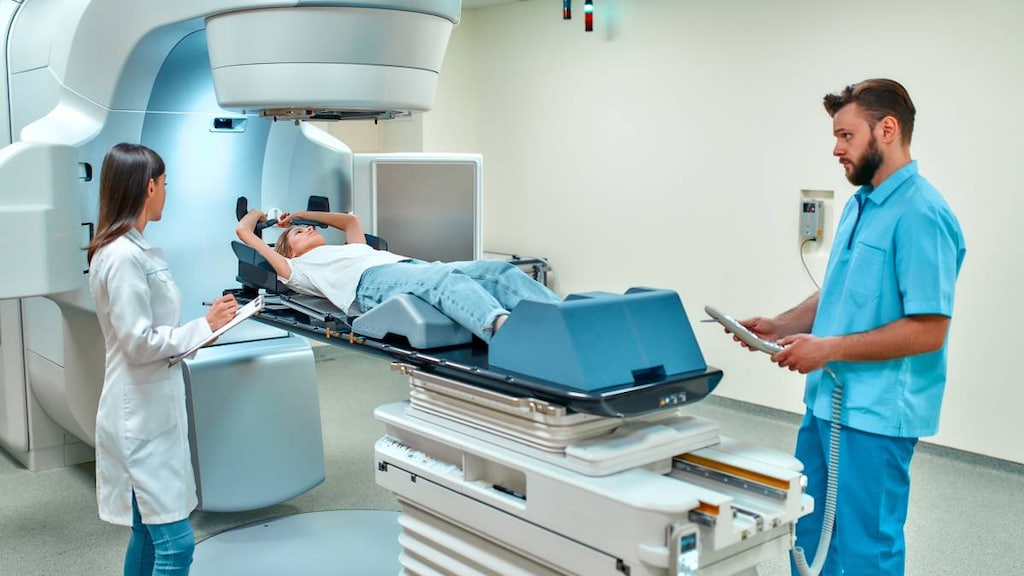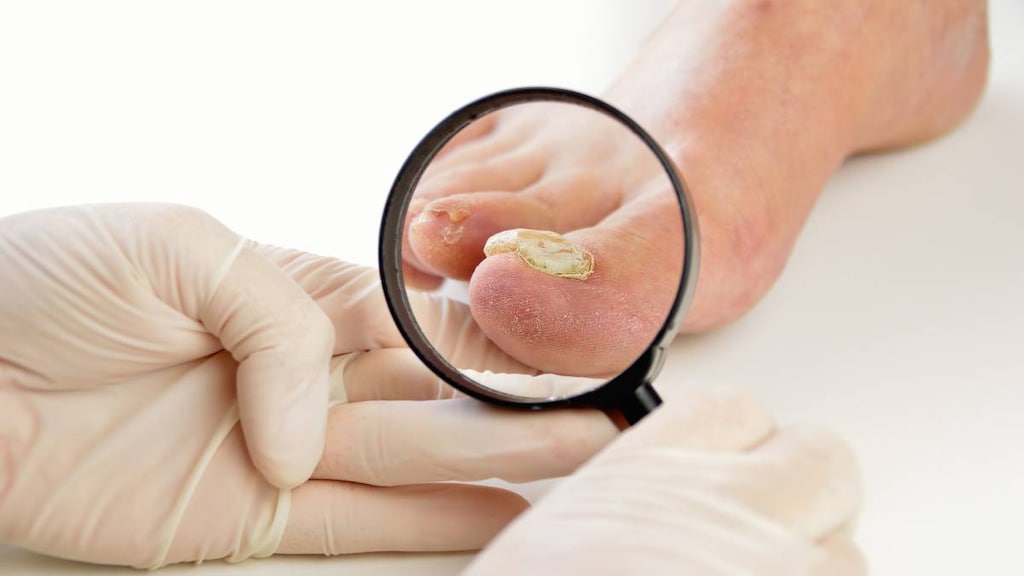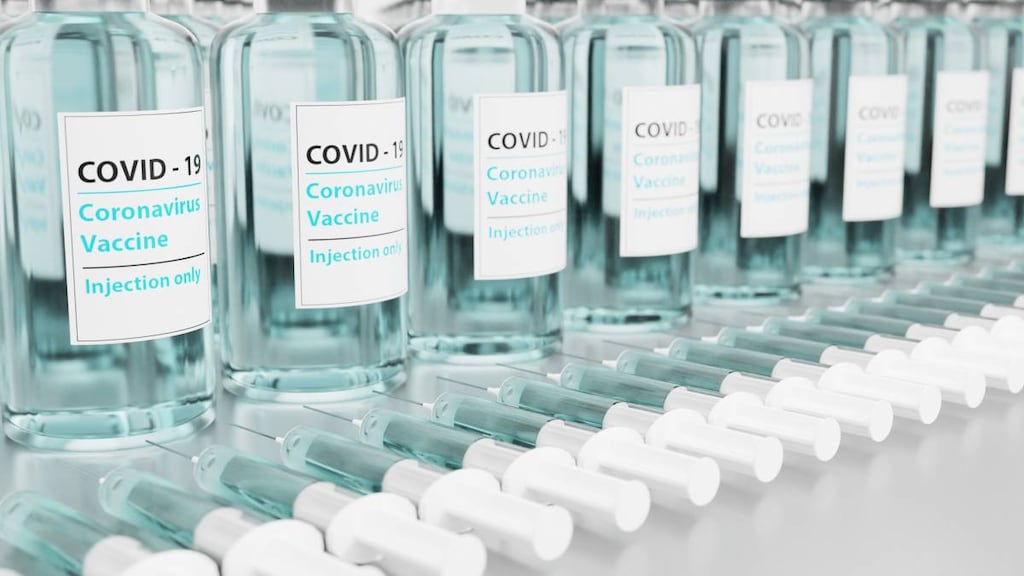Featured Health Articles
We're committed to producing quality condition and medicine related content, ensuring up-to-date and accurate information. If there's a particular subject you're interested in, feel free to let us know.
-

What are the health benefits of tea?
Tea is a popular beverage consumed worldwide. Regularly drinking tea is thought to have many potential health benefits. Read on to find out how tea may help you
-

Healthy heart diet guide
Making simple changes to your diet is the first step to being heart-healthy. Add these foods to your everyday eating plan.
-

How to keep cool and survive a heatwave
Heatwaves are on the rise worldwide putting you at risk of dehydration, heat exhaustion and heat stroke. Try these tips to help you stay cool
Latest Articles
-

7 Lifestyle changes to help reduce obstructive sleep apnea
Some simple lifestyle changes can help you reduce your obstructive sleep apnea symptoms. Here are 7 tips you can try.
-

12 Natural remedies for morning sickness
Here's our list of 12 natural remedies you can try to help relieve your symptoms of morning sickness.
-

8 Foods and drinks to avoid with heartburn
Heartburn can cause a burning pain in your chest. Here's our list of 8 foods and drinks to avoid to prevent heartburn.
-

Pelvic Mass
A pelvic mass is swelling or lump in or on the lower belly area (lower abdomen).
-

Hemorrhagic Colitis
Hemorrhagic colitis is a type of gastroenteritis caused by certain strains of the bacterium Escherichia coli in the large intestine
-

Bruising and Bleeding
Everyone will get a bruise or have bleeding at some point.
-

Clubfoot and Other Foot Defects
Clubfoot is a birth defect that involves the foot and the lower leg when the foot turns inward and downward.
-

Moles
Moles are growths that happen when pigment cells in the skin, called melanocytes, grow in clusters
-

Tinea Versicolor
Tinea versicolor is a common fungal infection of the outer layer of the skin that causes discolored patches of skin.
-

Barrier Contraceptives
Barrier contraceptives include condoms and diaphragms.
-

Drug Rashes
Some medications cause skin rashes
-

Penile Cancer
Penile cancer usually forms on or under the foreskin.
-

Vulvitis
Vulvitis is inflammation of the vulva, which are the soft folds of skin outside of the vagina
-

Purpura Simplex
Purpura simplex (Easy Bruising)
-

Vitamin A Toxicity
Vitamin A toxicity is caused by too much vitamin A in the body
-

Tinea Pedis (Athlete's Foot)
Tinea pedis is a fungal infection of the feet.
-

Swollen Lymph Nodes
Lymph nodes are small, round or bean-shaped clusters of cells that are an important part of our immune system
-

Smallpox
Smallpox is a highly contagious disease caused by the variola virus. The last case of smallpox was reported in 1977.
-

Evaluation of the Gastrointestinal Patient
Gastrointestinal diseases and disorders affect the throat, stomach, and intestines.
-

Cervical Stenosis
Cervical stenosis is narrowing of the passageway through the cervix (the lower part of the uterus).
-

Pituitary gland - key questions answered
Your pituitary gland is a pea-sized ‘master gland’ located at the base of your brain. It produces, stores and releases hormones. Learn more.
-

Mouth Growths
Growths can be noncancerous, precancerous, or cancerous.
-

What to know about baby’s position at birth
The position or presentation of the baby affects how quickly and easily they can be born. Learn more about the different positions babies are born in.
-

A guide to female reproductive hormones
Hormones drive the female reproductive system. Here we list the names of the key hormones involved, describe what they do and where they're made.
-

Musculoskeletal disorders - what to know about tests and diagnostic procedures
Blood tests, imaging tests and more are used to diagnose musculoskeletal disorders. Here's an overview of the tests and procedures used.
-

Gestational diabetes diet guide
Knowing what foods to eat and avoid if you have gestational diabetes can help you manage your blood sugar levels. Here's our diet guide to get you started.
-

Common stomach acid problems and the medications used to treat them
Stomach acid causing you problems? Here's a look at the different types of medication used to treat stomach acid-related problems.
-

How to prepare for a natural disaster
Natural disasters can happen at any time with little or no warning. Put together a plan and gather supplies before a disaster occurs. Here's how to prepare.
-

Immune amnesia - when your immune system forgets
Immune amnesia is a phenomenon that many of us have never heard of despite it being observed for more than 100 years.
-

5 Health benefits of extra virgin olive oil
Extra virgin olive oil has long been recognized as one of the world’s healthiest oils. Here's why it's good for you and 5 health conditions that it benefits.
-

7 Tips to help you manage your anxiety
Dealing with anxiety can be stressful. Here are 7 tips that you can try to help manage your anxiety and stress naturally.
-

COVID-19 vaccines and myocarditis - the risks explained
The risk of myocarditis following COVID-19 vaccination is rare and is lower than the risk of myocarditis following COVID-19 infection itself.
-

What’s the difference between chemotherapy and radiation?
Chemotherapy and radiation are two common types of cancer treatments. Learn more about these two types of cancer therapy.
-

Best exercises for older adults
Exercise has many benefits for older adults. Here is a list of exercises that are popular with older adults to help get you started.
-

Top 5 tips for getting a restful night's sleep
Getting a good night's sleep is important for your physical and mental health. Try these 5 tips to help you sleep better at night.
-

Nail psoriasis or a fungal infection - how do they compare?
Nail psoriasis and nail fungal infections share many of the same symptoms and may be difficult to tell apart. Here's how the two conditions compare.
-

Top 6 benefits of exercise for older adults
Exercise has many benefits for older adults and can help you to live a longer and healthier life. Here are 6 benefits of exercise for older adults and seniors.
-

Is chemotherapy painful?
Discomfort and pain can occur when chemotherapy is given and can also be caused by its side effects. Here are some tips to help relieve chemo-related pain.
-

Tips to beat seasonal affective disorder
Seasonal affective disorder (SAD) is a type of depression that usually occurs in winter. Here are some options to try to help you feel better if you have SAD.
-

Why does chemotherapy cause hair loss?
Traditional chemotherapy drugs can cause hair loss because they kill not only cancer cells, but other fast-growing cells as well.
-

5 Top tips for managing postural orthostatic tachycardia syndrome (POTS) symptoms
Lifestyle changes are an effective way to help manage your postural orthostatic tachycardia syndrome (POTS) symptoms. Here are 5 top tips to try.
-

How much water should I drink a day?
Our bodies are pretty good at telling us how much water we need to drink, but Adequate Intake (AI) values for total water intake have also been established.
-

What to know about the side effects of chemotherapy
Chemotherapy drugs don't just kill cancer cells, they also kill other rapidly dividing cells and this leads to many of the side effects associated with chemo.
-

Chemotherapy 101 - the basics
Chemotherapy is a type of drug therapy used to treat cancer that works by killing rapidly dividing cells in the body.
-

What you need to know about the Mediterranean diet
The Mediterranean diet is a healthy way of eating that has been associated with many health benefits. Read on to learn more about the Mediterranean diet.
-

Eating well during chemotherapy - foods to eat and foods to avoid
There is no specific diet to follow while you're on chemotherapy, but getting adequate nutrition is essential to help you get well.
-

Two COVID-19 vaccine doses needed when dealing with the Delta variant - And a third helps even more
Researchers have been investigating how vaccines perform against the Delta variant. Here’s what they’ve found.
-

8 Reasons why sleep is important
A good night's sleep is essential for your health and wellbeing. Here are 8 reasons why sleep is important.
-

Kombucha: The benefits and risks of this fermented tea
Kombucha is a fizzy, fermented tea that has gained popularity in recent years due to its supposed health benefits, but it's not suitable for everyone.
-

Zinc: a food guide
Zinc is a nutrient that is essential for human health. Our bodies do not make zinc, instead we absorb zinc from foods. Read on to find out the best food sources








